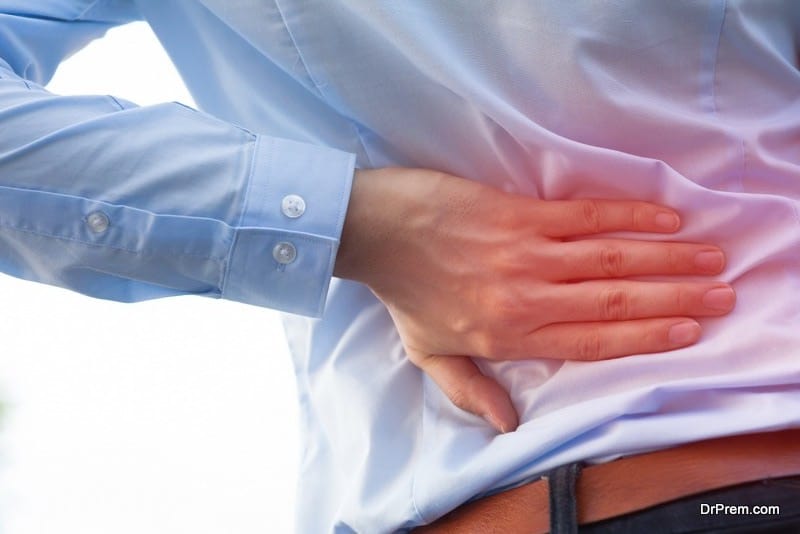Inguinal Hernia Treatment: How Herbal Remedies Can Help Increase Your Mobility

Inguinal hernias are the most common form of hernia in adults
More than 40% of people affected by hernia also have inguinal hernia symptoms. If you suspect that you have inguinal hernia, you should take note of the following symptoms in order to identify it in time.
- You may experience pain around the groin area and the anus while urinating. Some inguinal hernia patients even notice itching sensations around the anus. If you are experiencing any or all of these symptoms, then you may have an inguinal hernia.
- The pain will vary from a mild itching sensation to severe burning. The pain can even spread to the back part of your body. You may feel a sharp, stabbing pain just below the anal area.
- When you lie down, the abdominal wall will start to protrude, which causes pain when you bend over. You may experience severe pains whenever you bend down. The pain will be similar to that of bowel spasms.
- You may experience excruciating pain after doing exercise. There are some exercises that can trigger this pain, but you should not be afraid as it is normal. You will find that when you are able to relax, the pain goes away and your muscles get used to the exercise.
- If you suffer from inguinal hernia, you will also feel weakness or fatigue in your lower back or legs. You may even experience pain or numbness in your feet and ankles while sleeping.
- In more serious cases, you may feel a stabbing pain or discomfort in the buttock area and buttocks. You will also notice that your bowel movements become difficult due to the painful feelings.
- The treatment for inguinal hernias is often quite simple. It only takes a visit to the doctor or surgeon for him to determine the problem and prescribe the best possible treatment for you. If your inguinal hernia is not treated, it can lead to a complicated condition.
In surgery, the inguinal tissue is removed surgically. If the inguinal hernia is caught early, then the chances of complications and death are very low. However, in most of the cases, the surgery is performed only on the patients who have a severe case of inguinal hernia.
In surgery, the surgical treatment usually consists of sutures or stitches being inserted into the inguinal canal. Once the stitches are removed, the surgery usually finishes within two hours. and the patient can go home.
You will also need to follow a program of physical therapy to help with recovery and rehabilitation
The physical therapy helps you to build up the strength in your back, legs and abdomen. It also improves your flexibility and strength. This helps prevent future complications. The rehabilitation also helps with the prevention of other conditions such as osteoporosis.
Most inguinal hernias do not require surgery. Surgery is very rarely performed because there are many reasons why they cannot be successfully treated surgically.
Fortunately, you can treat inguinal hernias naturally. The following natural treatment methods are very safe and effective, and provide long term relief.
Apple Cider Vinegar: You can apply apple cider vinegar directly to the inguinal hernia through a cream that has been soaked in it or an application that you wear on the inguinal area. Apple cider vinegar can make the swelling go down and also help the pain.
Vitamin C: A lot of research has shown that Vitamin C is helpful in treating many conditions. Vitamin C has anti-inflammatory properties and can help reduce the inflammation of the hernia. The best way to take Vitamin C is by taking it in the form of tablets or by drinking it. This vitamin is very effective against this type of hernia.
Herbal Supplements: Some herbal supplements such as Berberis vulgaris, saw palmetto, and alfalfa leaf are also helpful in healing the hernia. The herb helps strengthen the abdominal muscles and reduces the inflammation.
The inguinal herniated disc treatment is also beneficial. The treatment involves inserting a metal or plastic device into the inguinal canal and using compression devices to keep the disk from collapsing. The purpose of this is to help reduce the pressure on the nerves and surrounding tissues and help with the healing process.
